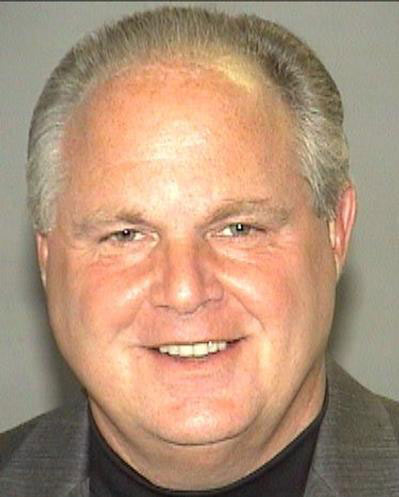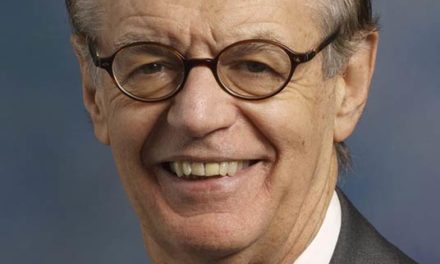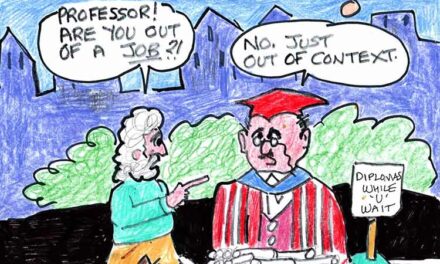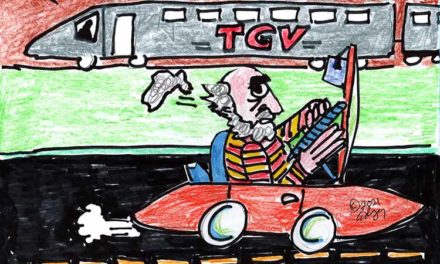Rush Limbaugh Before He Became RUSH LIMBAUGH
Gone but not forgiven
By Ed Goldman
Rush Limbaugh had yet to become RUSH LIMBAUGH when I met, got to know and ultimately estranged him during his days here in Sacramento at KFBK radio in the 1980s.
Limbaugh, who died the other week at 70 from lung cancer, was the first to greet me when I arrived at the station to record the debut of a series of three-minute commentaries about the news media. I’d been invited to do so after the news director at the time attended a speech I gave to a Rotary or Kiwanis Club meeting on the topic. One of my gags was to ask the audience if they read the then-daily Sacramento Bee newspaper every morning before they left for work. Everyone’s hands shot up. And I asked if it was weird to then tune in KFBK in their cars and hear its on-air announcer read it back to them. “When they say, ‘This word just in’ they mean ‘Our paper just got delivered,’” I blasphemed.
Rush Limbaugh booking photo from his arrest in 2006
But the news director professed to love it – especially because the guest he’d brought that morning, had roared with laughter. That guest was Limbaugh. And in the next few decades, that roar—less and less spontaneous and more and more derisive—became a national signature.
When I’d pop into the station to record my bits, Limbaugh always asked me to join him for coffee. I was surprised because his audience was already growing; befriending me could hardly help a careerist like him (he admitted he was) burnish his self-developing legend.
In our chats, it came out that he was insecure about never having completed college, as he knew I had (because he asked), and thought that print journalists were somehow more important, or were to be more respected, than those who reported the news on radio and TV.
“I want to think of myself as a journalist,” he said once, “but I’m really more of a sportscaster.” That had been what he first aspired to become; he got some experience at it but he didn’t go far.
When I knew him he was in his obese stage but it wasn’t new. His weight see-sawed, a point I’ll explain the relevance of in a moment. Long before I met him, I’d seen him and his second wife at a reception, and he was recounting for a gaggle of admirers that he’d gone from being seriously overweight to remarkably sleek, thanks to following the diet plan of one of his show sponsors, Nutrisystem. He was, as my late wife Jane said at the time, “much more handsome” than he looked in photos or his occasional television appearances. It was the weight loss; before that, you couldn’t as easily discern Limbaugh’s facial features.
Then he re-inflated. He invited me to his place for lunch one day and served steak, potatoes, gravy and dessert. If this was lunch, I thought, dinner must resemble the buffet at Bellagio.
One day, the news director called me into his office and said he’d been getting nice feedback about my commentaries and wanted to have my photo taken for promotional purposes. This is when I uttered a fatal quip: “Sure, if I can stand beside Rush, which is the only way I’ll ever look trim.” It was a joke on me as much as on Limbaugh, since my weight has always see-sawed as well, though not to either of his extremes. The news director laughed and I thought that was the end of it.
But possibly because management was trying to keep Limbaugh’s ego, which was ballooning along with the size of his audience, in check, the news director told Rush what I’d said. The next time I went to the station to record my commentary, Limbaugh wouldn’t acknowledge my greeting, refusing to look up from whatever he was reading at his desk. I didn’t press it but found out a few days later my comment was why our budding friendship was over.
Considering his misogyny—a trait shared by men who mainly fear women and their own manliness—is it possible this would have sufficiently humiliated this evil overlard from staying in radio? Could my cruelty have spared the feelings of people who became the targets of his racism and outright lying?
I doubt it. Because ultimately, the worst thing about Rush Limbaugh was not his overweight body but his underfed heart.
Ed Goldman's column appears almost every Monday, Wednesday and Friday. A former daily columnist for the Sacramento Business Journal, as well as monthly columnist for Sacramento Magazine and Comstock’s Business Magazine, he’s the author of five books, two plays and one musical (so far).













